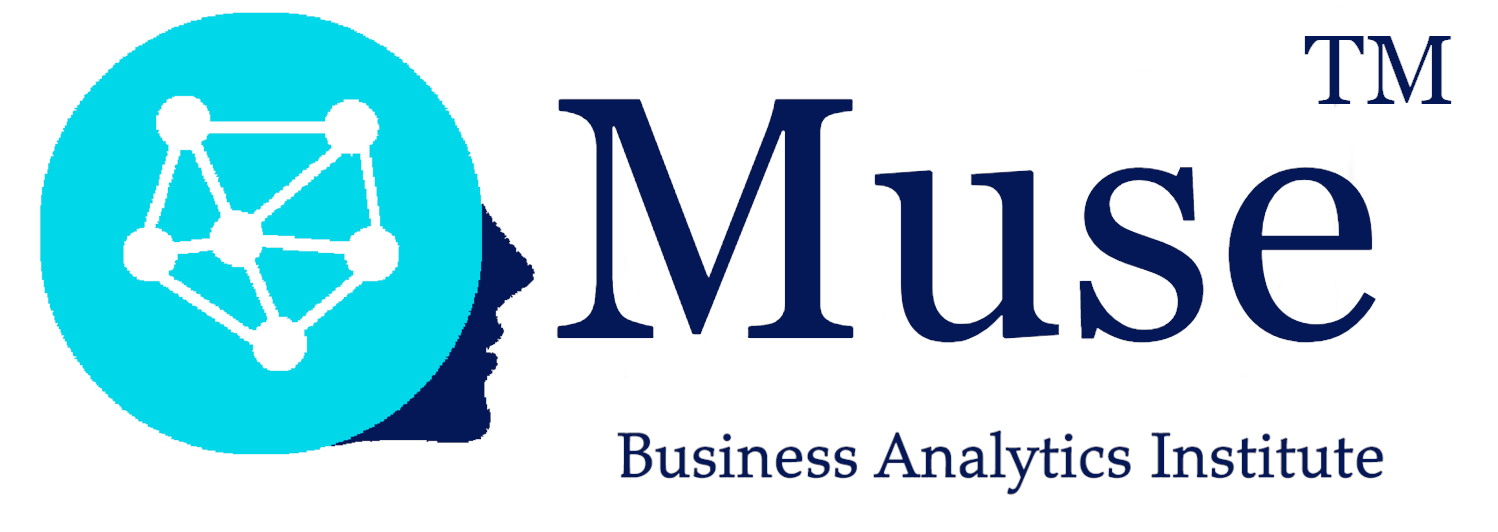Decision making can be improved through observational learning
Source: ScienceDirect
Impaired judgment is not the prerogative of algorithms, far from it. Impaired judgment is also a characteristic of humans, whether in the personal sphere (family, friends, studies, etc.) or in the professional sphere (all sectors taken together). However, the impact of these biases is uneven, depending on the individuals or organizations involved.
In this study, researchers Haewon Yoon, Irene Scopelliti and Carey K. Morewedge investigate the possibility of improving the bias reduction learning strategy established by Fischhoff (Fischhoff, 1982, Morewedge et al., 2015, Nisbett et al., 1987).
For information, Fischhoff's bias reduction learning strategy has 4 basic strategies, which are:
Warn of the possibility of bias;
Describe the direction in which bias can affect judgment;
Provide feedback on judgments and decisions;
Provide training with in-depth coaching.
To improve on Fischhoff's strategy, the researchers decided to implement a fifth strategy using observational learning.
Observational learning can be seen as a form of social learning. It consists of a group of individuals acquiring behaviors, conventions and skills. To be successful, the learning group needs to observe and model the behavior of other agents.

